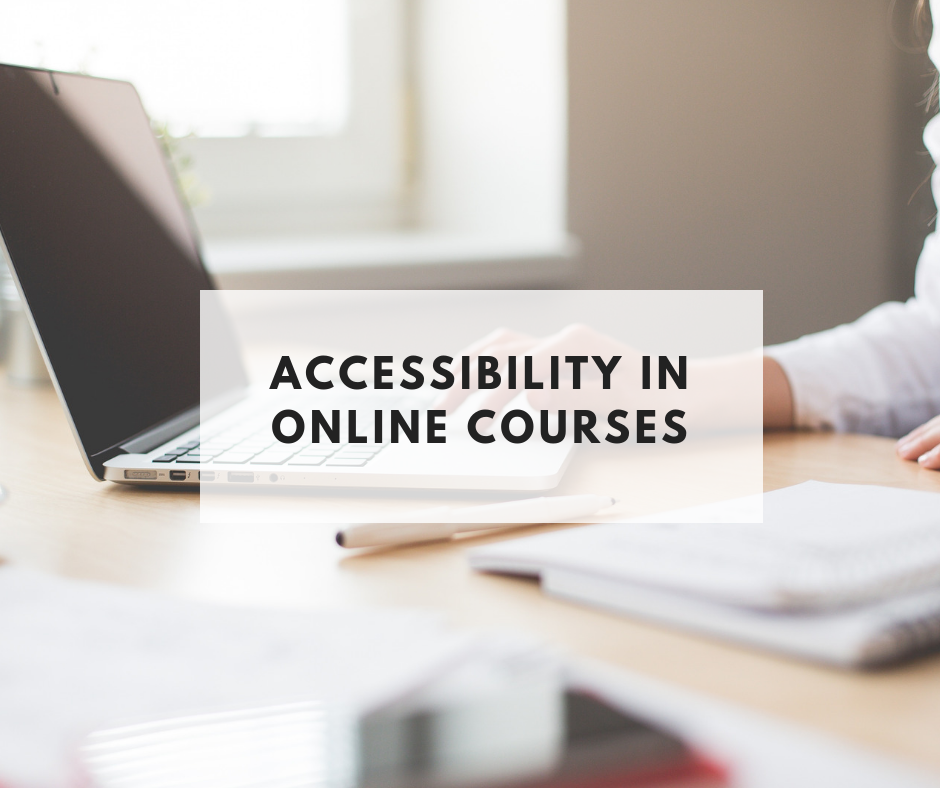In both my masters and doctoral programs in education, I didn’t take (nor do I think I was offered) a course on designing for accessibility. I was also an assistant editor of an education journal for a number of years and I don’t recall many (any?) submissions regarding designing for accessibility. Therefore, I’m thrilled that we are now starting to see articles on the topic in our field’s journals, including this one by McKeown & McKeown (2019) titled “Accessibility in Online Courses: Understanding the Deaf Learner.”
The article provides an excellent overview. However, the fact the authors need to provide (much appreciated!) detail about the learner audience and barriers they face points to the lack of general knowledge by designers. For example, they outline the barriers at various points, including the learning management system (LMS), course materials, and communication and language. This last barrier is particularly interesting as the authors cite research that found video captions were ineffective for deaf adult students with lower reading skills.
Further, in a sad but often heard reality, the authors note:
Instructors often wait for a formal request for accommodations from an incoming deaf student before making any changes to their course content or delivery.
With hope, more articles like this will help to change this perspective and approach. Nice work!
